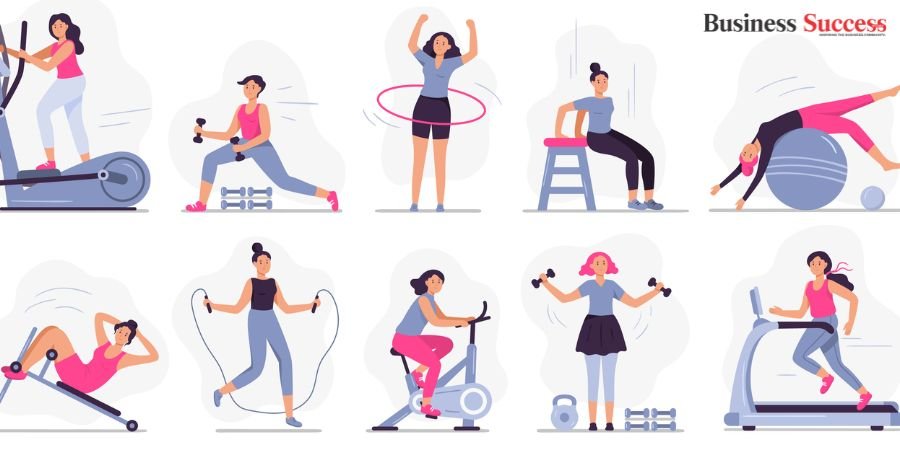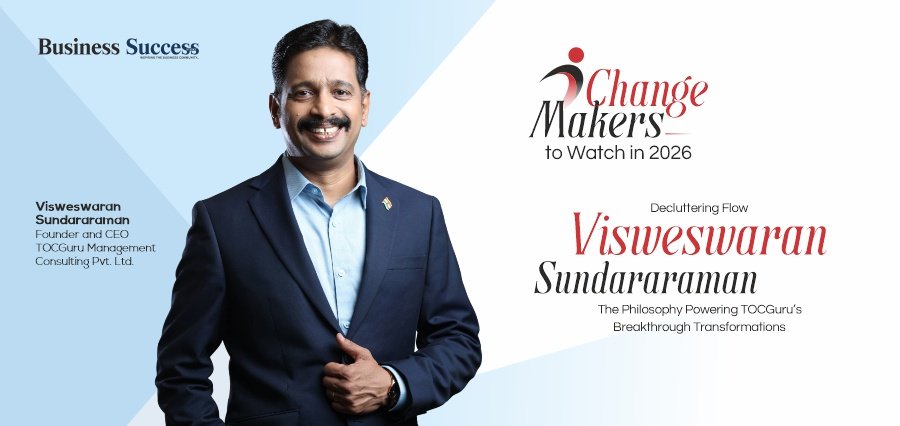The Wellness Experience
The fitness landscape of 2025 can no longer be solely measured by gym workouts, memberships, or equipment. The main factor that defines it is the total wellness experience that combines physical performance with emotional balance, digital intelligence with human connection, and lifestyle decisions with long-term health. Consumers today are not just seeking a fitness routine but also a brand that they consider as a partner in their health journey. As a result of rising expectations, the best fitness brands are those which go beyond transactional services to deliver holistic, personalized, and deeply engaging experiences.
In 2025, fitness consumers consider health as a complex multi-dimensional ecosystem rather than a single narrowly defined goal. They expect from brands to not only support their bodies but also their minds, lifestyle, and general wellbeing. Certainly, this includes the use of nutrition, mental health, sleep optimization, mindset coaching, stress management, and recovery.
Top fitness brands initially facilitate the adoption of a consumer lifestyle that is integrated—links fitness to lifestyle and well-being. Consumers are in need of platforms that would make and keep them healthy, clear their minds, assist them in moving more intelligently, and living in a healthier way. Such a brand that cares about every aspect of wellness, therefore, gets the trust and loyalty of the consumers that last for a very long time.
By far, generic workout plans are not enough. Fitness enthusiasts require the fitness programs to be tailored to their goals, likes, dislikes, limitations, and daily realities. These brands provide the answer in the form of customized workout routines, adaptive coaching, and practical insights brought about by AI personalization, wearable integrations, and real-time data analytics.
Purpose, Transparency, and Trust
By 2026, consumers of fitness products expect fitness brands to be more than just profit-making entities. They demand these attributes to be seen in the very brands they support: authenticity, ethical responsibility, and transparency. In summary, it all comes down to the use of safe practices, clean ingredients in supplements, eco-friendly products, and honest communication.
Moreover, they require that the brand put health before quick transformations, provide inclusion instead of exclusivity, and offer education rather than using marketing tricks. A key factor that operates behind the facade of brands is their integrity – consumers choose the brands they trust, not only the ones they buy from.
Inclusivity and Accessibility
The leading fitness brands realize that health is a basic right of all human beings and not only those privileged ones. People want to see the inclusion of diversity in the representatives – be it trainers, marketing, product design, or content. Different body types, abilities, ages, and backgrounds are expected to have options.
Reasonable pricing, adaptable workouts, and hospitable places are some of the elements that contribute to widening the participation. The brands that include support in their marketing strategies, thus, gaining trust, and creating an environment where people feel safe, respected, and motivated.
Data-Driven Insights with a Human Touch
Consumers are increasingly relying on data to lead their wellness journey. However, they still value a human touch the most. The most successful brands emotional understanding with data analytics.
Real-time data, performance metrics, and health monitoring provide users with the required information – on the other hand, compassionate coaching, guided encouragement, and responsive support are the elements that really motivate the users to take action. The human element is what connects the figures with the story, and the story with action.
Elevated Recovery and Regeneration
Modern fitness consumer is equally concerned about recovery as he is about training. In 2025, it will be the expectation of fitness brands to offer recovery tools that are both physiological and scientifically validated such as cryotherapy, infrared therapy, guided stretching, breathwork, and sleep optimization programs.
As the causes of stress and burnout are increasing in number, health-conscious consumers are turning to brands that not only provide the solution of pushing harder but also the smarter way of restoring. Therefore, recovery becomes the main theme of the wellness journey.
The Fusion of Lifestyle and Fitness
Fitness is no longer a separate entity, but rather part one’s daily life and identity. Consumers want to engage with brands that augment their lifestyle choices which happen to be aligned with wellness, i.e. mindful living, conscious eating, sustainable habits, and emotional wellbeing.
The most desirable brands look more like lifestyle partners than mere fitness companies—helping people not just with their workouts but also leading them through their holistic wellness journey.
The Future of Fitness Is the Future of Wellbeing
The 2025 top fitness brands are not simply offering exercise routines, rather they are delivering life-changing experiences. They combine strategy with empathy, technology with human touch, and expertise with genuineness. They perceive that wellness is a personal and emotional matter.
Fitness, as a part of the wellness experience era, is simply a move, it transforms into a way of life.
The brands that will be leading the way after are those that spark, enable, and progress with their customers—thus, making them not only look better but also live better.














